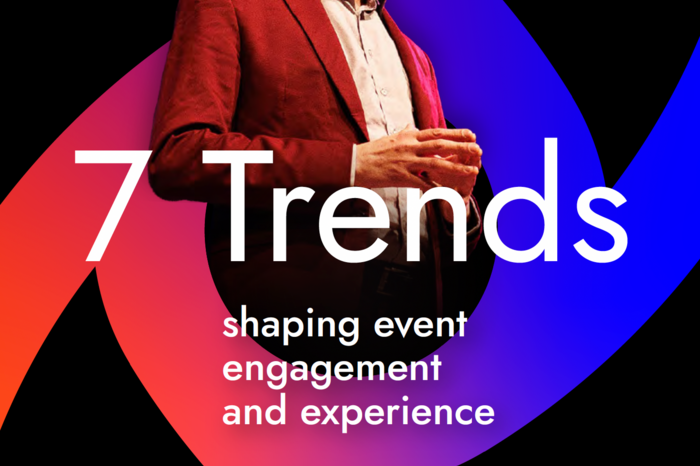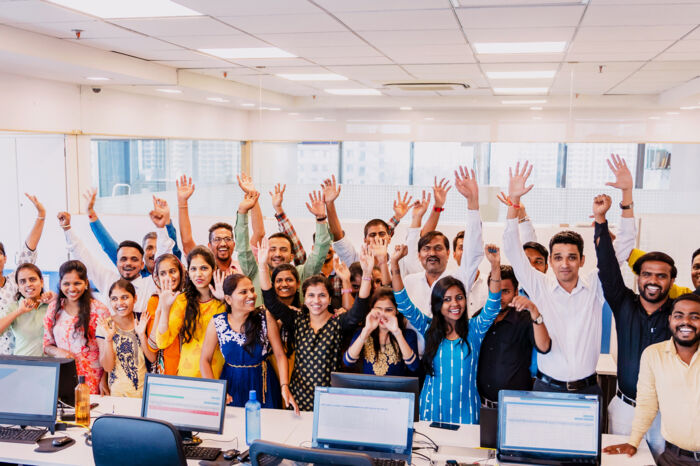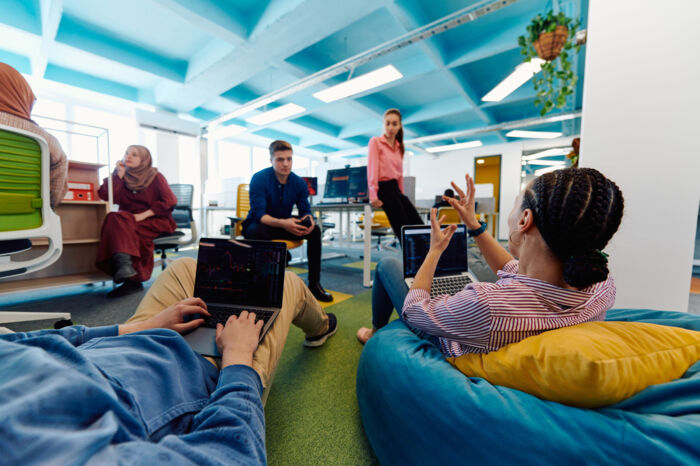
Can you name three key criteria for a successful digital transformation?
As far as WLPGA is concerned, we were very reactive as we saw immediately the impact of the pandemic coming, how it is impacting everyone’s life and how businesses had to change. We didn’t wait. We didn’t sit back and carry on with business as usual. It was important we anticipated the trends, and the challenges and opportunities. We were on it from the beginning, and we were very reactive. It takes courage. You need to have the confidence to do something different even though there are risks associated with it. It is a matter of trying to quantify those risks as much as you can, but then take action, and you need to be courageous for that. You need to do things differently, and we certainly did; and it was ultimately for our benefit. Not that we didn't make mistakes, but the world was much more forgiving of mistakes in the last year because everybody was changing. Everybody was trying to do things differently, so it was not the time to sit back and be risk averse, it was the time to do things differently. It hasn’t been easy, and we have been pushed out of our comfort zone on so many fronts, but we had to keep on going and that was something that, as a team, we demonstrated. Reactivity, courage and resilience are the three criteria that were important for us.
What is the most valuable lesson you have learned this year and you can share with other organisations?
The most valuable lesson that I have learned in terms of association management, is that you need to be prepared to do things differently and you need to communicate very well with your stakeholders. They need to understand that you are going through a transformation and there are risks associated with this transformation. There is a huge element of transparency here. You also need to get the buy-in of your customers and you can only do that by being transparent and communicating well.
The 2020 edition of your world forum was 100% virtual, how did you ensure ultimate delegate experience and highest engagement?
Firstly, it is important to identify the best partners out there, like MCI, who can guide you through this transition because it is not our core business. We needed advice, we needed to be led in a certain direction, and we needed to trust our partners that they understood what they were doing. It was important for us to select not just the right partner in terms of congress organiser but a partner in terms of solution providers, and make sure we had the best platform for our virtual event. I didn't want to compromise this. We needed to have a system which was best in class. We didn’t go with the cheapest system but we went for something which would give value to our clients.
The virtual event can not be the same as the physical event as you are working with people on different time zones, from across the world. We adapted the programme to try to get as much engagement as we could. We also managed to increase the quality of our content because no longer were we relying on people flying from around the world and taking several days out of their agenda for a 15-minute presentation. With the online format, we could get people who are still sitting in their office or who pre-recorded their message. In doing so, we were able to get a higher level of contributions than we ever had before, which also gave very valuable content to the delegates.
We recognised that people wouldn't be prepared to pay the same amount for a virtual event as a physical event, and we had a lot of competition from free content from other companies. My sense was that people who are interested in the content would be prepared to pay a significant amount of money for the virtual event. Those that did not normally attend our events would not be prepared at all to pay for the virtual event. This may be something that changes overtime, but that's the sense that I had.
What were your KPIs in this transformation of your event?
Moving to digital was a unique and original thing we've never done before, so it was really hard to set up KPIs as we didn't know whether they were realistic or not. The Board wanted to make sure that the downside risks were managed. Their interest was to make sure we didn’t lose money. There was a financial KPI, which was an estimate, considerably less than a physical event. Under that we had some KPIs in terms of the number of delegates, the number of exhibitors, sponsors, or partners we wanted to achieve. We came under in terms of the number of delegates, but we were better in terms of the partners that we’ve got.
How are you anticipating going back to F2F and/or hybrid format?
I don’t think we will ever go back to ‘normal, or what we considered ‘normal’ before. And I don’t think it is a bad thing either. We have accelerated five years into the digital transformation the last year, a lot of that is now ingrained in the way we work, and I don't think it is going to go away. But clearly, our clients are very keen to return to face to face. Whatever the benefits of the digital, replacing physical interactions with digital is not that easy. But digital has allowed us to extend our network. We have created new online communities and new groups of stakeholders, and we need to try to maintain that. For this, the virtual element will have to stay, and we are now looking how we can combine the physical with the virtual as we go through.
One of the challenges that I see though is that we sometimes run faster than our clients. It is all very well us having the systems in place but if our clients are not being reactive, adapting or pivoting, and if they are waiting to go back to what we considered to be ‘normal’, it is hard for us to have that interaction. If we could help lead our clients, provide them with solutions and advice, to me, that is the next dimension that is missing from our trajectory.




